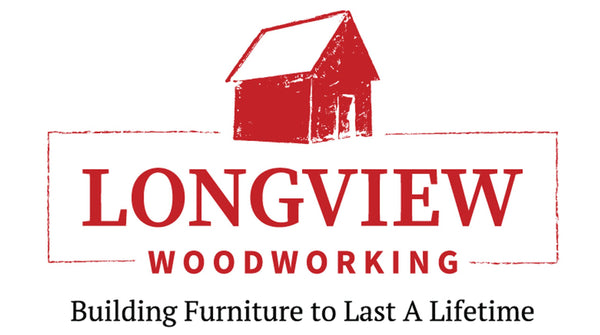The tool you’ll need for your summer construction job
Share
If you're gearing up for your first summer working in construction or carpentry, you might be asking: What tools do I really need to get started? A viewer recently sent me that exact question, he’s starting next week and wanted to make sure he’s prepared. So I put together this quick guide to the essential tools and gear that will help you hit the ground running.
Most of these tools are affordable, easy to find, and will serve you well whether you're working on demolition, framing, or finish carpentry. Let’s dive in.
Safety First: Don't Skip This
Construction can be dusty, loud, and unpredictable. Before worrying about what's in your tool belt, make sure you're protected.
- Dust Mask or Respirator: Especially during demo work, you’ll be stirring up insulation, drywall, and who-knows-what. A simple dust mask with a rubber gasket works great.
- Eye and Ear Protection: Always have both. Safety glasses and earplugs (or muffs) are a must on almost every job site.
- Work Gloves: Get 2–3 pairs of gloves with rubber palms and fingers. They help you grip better and give you the confidence to dig in without worrying about splinters and cuts, which means less downtime.
Tool Belt Essentials: Keep It Light, Keep It Smart
You don’t need to carry everything all the time. Start with a light setup and add or subtract tools depending on the job. Here's what I keep on me every day:
- Utility Knife: Look for one that folds like an old lock blade, super handy for all kinds of cuts.
- Nail Puller + Nail Set: Great for detail work and removing old nails cleanly.
- Tape Measure: While many use a 25- or 30-footer, I prefer a 16-foot tape. It’s lighter and easier to manage on most jobs.
- Screwdriver (Combo): One with both Phillips and flathead bits is perfect for removing light fixtures, plates, and more.
- Carpenter’s Pencils: Keep a few sharpened and handy. You’ll always need one.
- Flat Pry Bar (Small): Incredibly useful for popping off door casings, baseboards, crown molding, you name it.
- Chisel (¾" or 1"): Great for detail work and cleanup.
- Hammer: I like a 20oz straight claw framing hammer. It doubles as a demo tool and a precision nail driver. Skip the curved claw, straight claws pry better.
In the Truck or on the Bench
Some tools you don’t need on your belt but are must-haves back at the truck or workbench:
- Speed Square: Invaluable for marking quick cuts and checking angles.
- Hand Plane: Keep the blade sharp and you’ll be amazed what you can do, especially when fitting siding or trim.
- Cat’s Paw: One of the best tools for stubborn nails or tight demo work.
- Chalk Line: Essential for laying out straight cuts on siding, subfloors, or framing.
Bonus Tip: Bring the Right Mindset
Honestly, the most valuable thing you can bring to your first construction job isn't a tool at all, it's your attitude. Be positive, show up ready to work, and take the job seriously. That mindset will earn you respect and open up more opportunities than any tool ever could.
Work hard, stay safe, and enjoy the summer. If you're just starting out, welcome to the trades, there’s a lot to learn, but you’re going to do great.
See you on the job site!
Want more beginner tool guides or behind-the-scenes tips from the field? Drop a comment or reach out, I'm always happy to help new folks get started.
